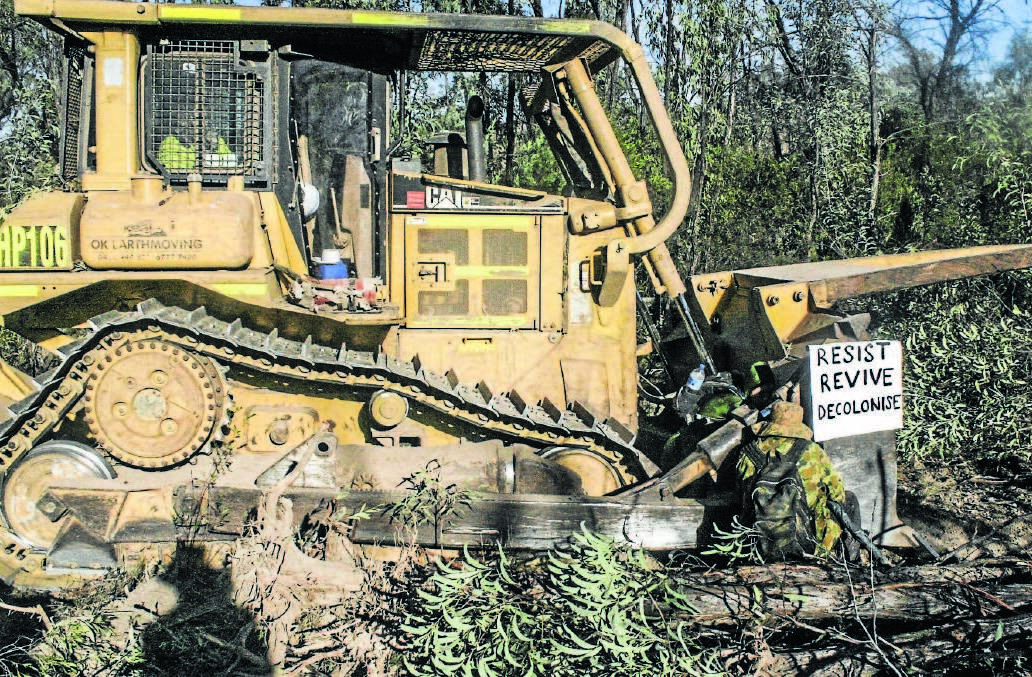
A REGIONAL ecologist believes proposed changes to land clearing laws could spell disaster for local wildlife and fertile soils.
Subscribe now for unlimited access.
$0/
(min cost $0)
or signup to continue reading
In a submission by the Northern Inland Council for the Environment in response to proposed reforms to changes to the land management and biodiversity legislation, ecologist Phil Spark has raised concerns the changes could see the end for some of our endangered species.
Mr Spark said he was concerned the extent of the laws would allow clearing on highly fertile soil on flood plains and slopes.
“Those landscapes cannot afford to lose a single tree, they should be protected with no more clearing allowed. If the proposed changes become law it will be an unprecedented disaster for wildlife, particularly for the koala, and will lead to more land degradation that will need rehabilitation at a huge cost,” he said.

Mr Spark also said he was concerned that changes would result in open season on land clearing leading to the extinction of plants and animals and he was concerned the submissions of those opposed to the review would be ignored.
“Farmers, scientist groups, conservation groups, bird groups, wildlife carers and religious groups are very concerned that the government is going to ignore the concerns raised in the 7166 submissions received during public consultation,” he said.
It will be an unprecedented disaster for wildlife.
- Phil Spark - Ecologist
“To date there has been no indication as to how those concerns will be addressed by the government or if they will be addressed at all. All we have heard is that the proposed changes are to go to parliament in the next two weeks.
“The thousands of submissions reiterate that the government has not considered the scale of the impact that will result from what they are proposing.”
He said the changes were an “insult” to those who fought to stop illegal land clearing and claimed the government had “caved in” to a minority group of farmers who pushed for the change.
The Baird government released a draft reform package in May which included scrapping the Threatened Species Conservation Act 1995 and the Native Vegetation Act 2003.
The reforms also proposed amendments in relation to vegetation land management in rural areas and the National Parks and Wildlife Act 1974.

